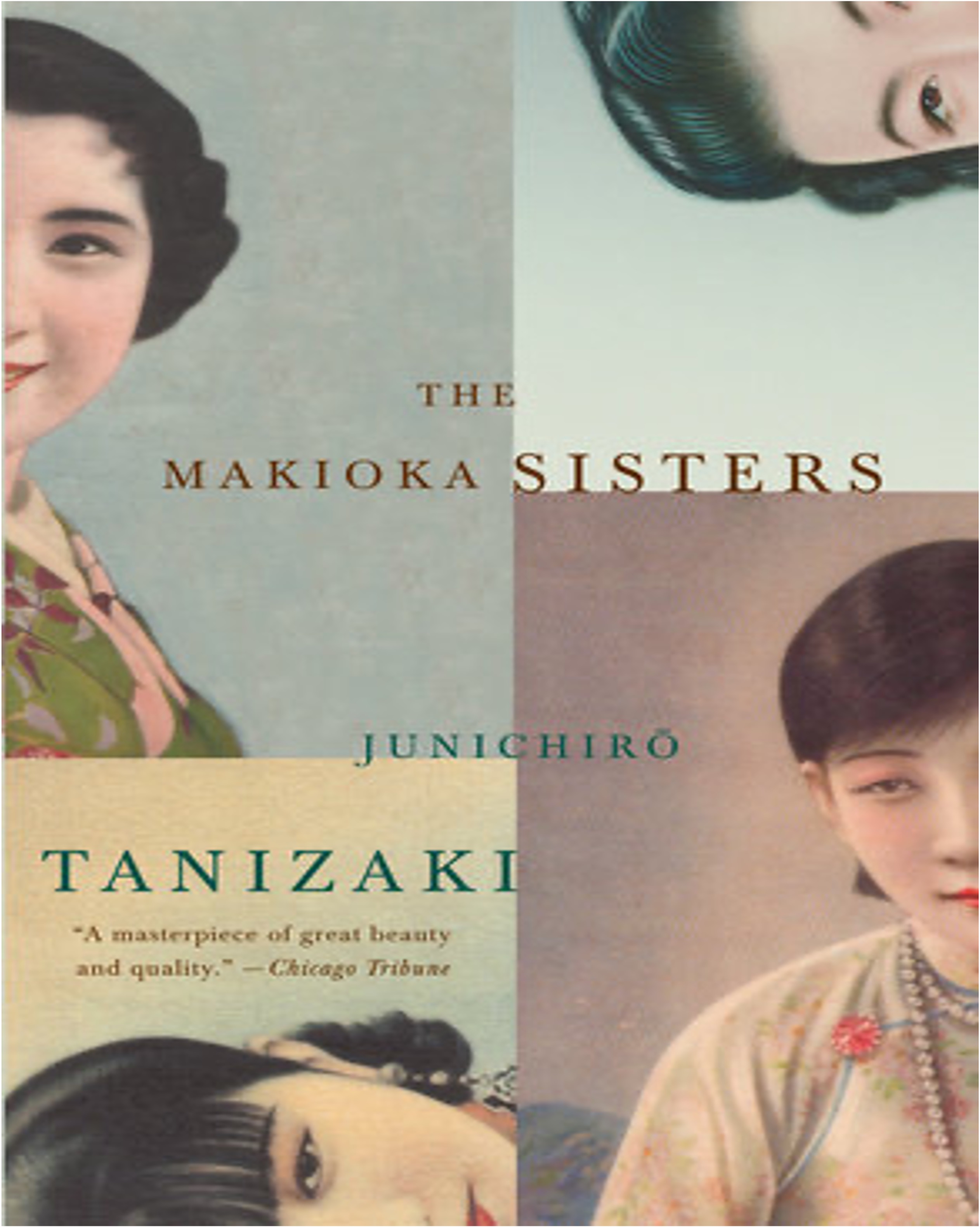Research Symposium
25th annual Undergraduate Research Symposium, April 1, 2025
Zoe Pafford Poster Session 3: 1:45 pm - 2:45 pm/ Poster #221

BIO
I am a dedicated and inquisitive student with a passion for reading and exploring diverse topics across multiple fields of study. With a strong interest in scientific research, I am particularly focused on advancing knowledge in the dental field. Aspiring to become a general dentist, I am eager to engage in research that enhances patient care, treatment methodologies, and overall oral health. My commitment to lifelong learning drives me to seek new opportunities for academic and professional growth, with the goal of making a meaningful impact in the field of dentistry.
Reading and Feeling with Japanese Literature The Makioka Sisters by Tanizaki Jun’ichirō
Authors: Zoe Pafford, Matthew MewhinneyStudent Major: Biological Sciences
Mentor: Matthew Mewhinney
Mentor's Department: Department of Modern Languages and Linguistics Mentor's College: College of Arts and Sciences Co-Presenters: Nina Scarboro and Maddox Fox
Abstract
This research seeks to determine what language devices, plot developments, descriptions of nature, and other forms of writing influence the reader’s empathy to shape their experience of reading Japanese literature. The research presented is a part of Dr. Matthew Mewhinney’s larger book project on reading and feeling in Japanese literature. The methodologies used in this project align with the practice of close reading, as careful attention was directed to the actual experience of reading while using annotation to record thoughts about the text as they occurred. The framework utilized to record the data was a reading log. This reading log served to isolate specific passages from the readings that invoked empathy in the reader, along with an explanation of the technique that the author used to accomplish this. The main results of the methodology point to the influence of narration technique, characterization, dialogue, irony, and plot development as the main contributors to an empathetic response in the reader. These findings are important because they underline the most effective methods of invoking emotional responses in the reader. Some potential future developments in the research would be to read the novels in Japanese as opposed to their English translation to determine whether the empathetic passages remain the same in either language. This knowledge could help writers around the world put more emotion into their writing. This research contributes to the field of Japanese literature because it outlines the most effective techniques to invoke empathetic responses in the reader.
Keywords: Japanese, literature, sympathy/empathy, reading

